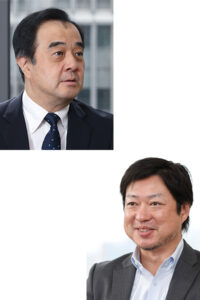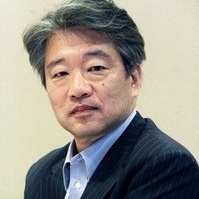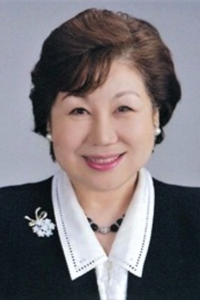
Prediction for demographics and the course of direction of hegemons Jimbo Ken: Long-term prediction of the future beyond thirty years often fails because the reality encounters too many unknowns. Demographics is believed to be the exception, as its predictability has been relatively high. Let’s begin with this premise. Currently, the global population is about 7.7 billion. According to population projections by the United Nations, the global population is projected to rise sharply to 9.7 billion by 2050. The increase curve will become gentle and gradual beyond 2050, with the global population projected to hit 10.9 billion in 2100. In addition, increased populations are unevenly distributed in South Asia and the Sub-Saharan African region. Conversely, most developed countries will not see their populations increase, but will enter a rapidly aging society. Based on these projections, our long-term strategy often suggests Africa is the “last frontier,” ... ... [Read more]

